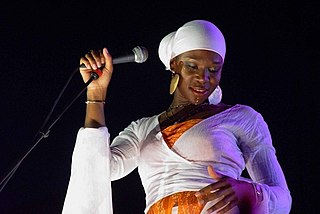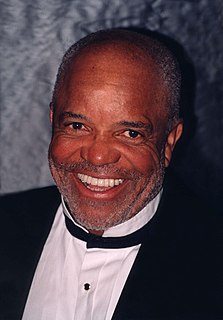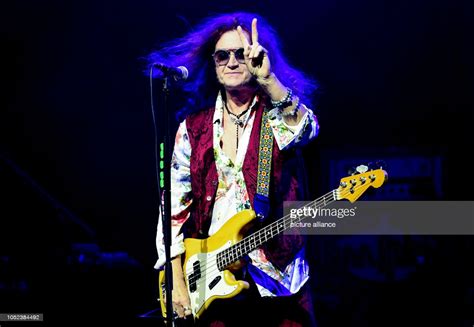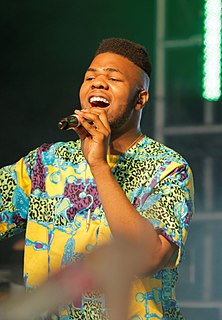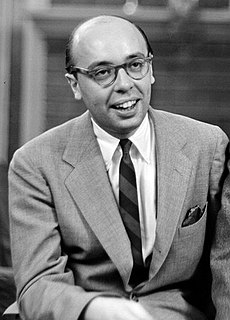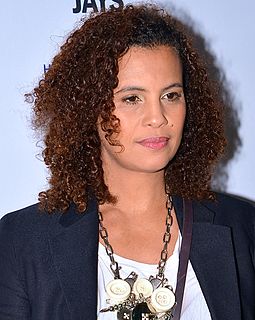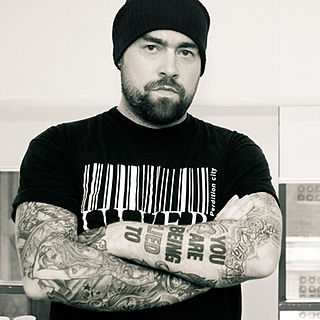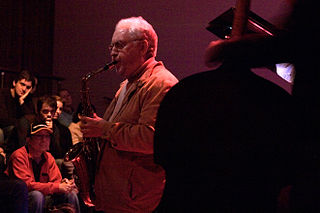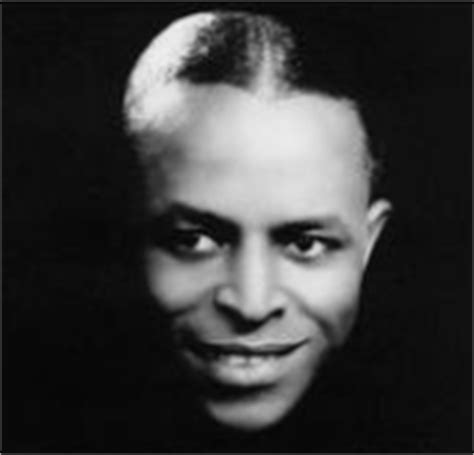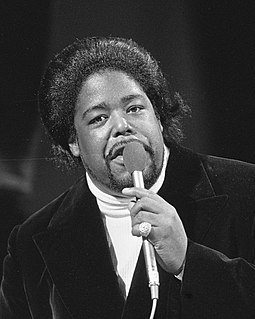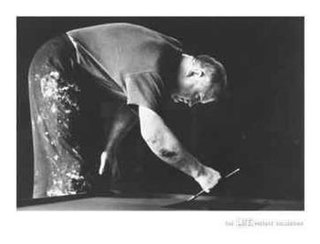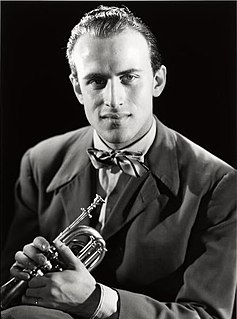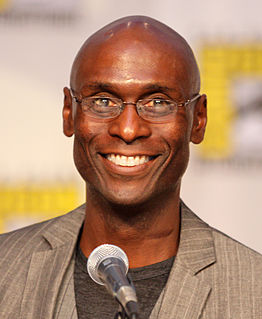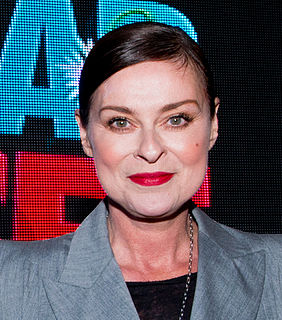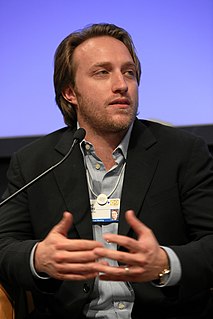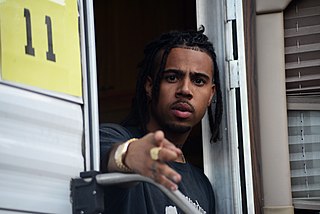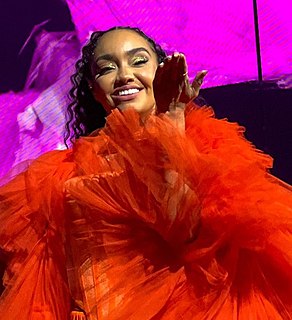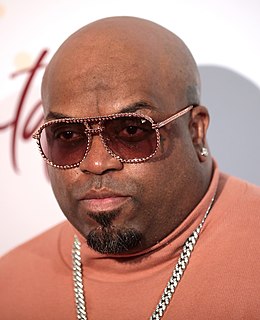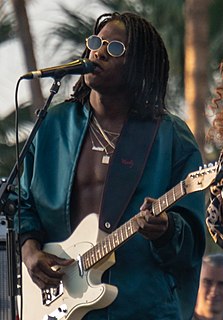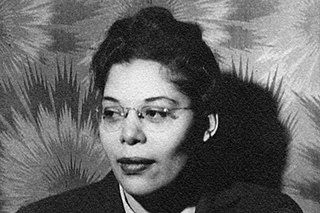Top 1200 Black Music Quotes & Sayings
Explore popular Black Music quotes.
Last updated on April 14, 2025.
I, however, like black. It is a color that makes me comfortable and the color with which I have the most experience. In the darkest darkness, all is black. In the deepest hole, all is black. In the terror of my Addicted mind, all is black. In the empty periods of my lost memory, all is black. I like black, goddammit, and I am going to give it its due.
I felt like it was a courageous show [Black-ish] from the beginning. We are a black family - we're not a family that happens to be black. But the show is not even about us being black. The show is about us being a family. That is groundbreaking - on TV, the black characters either happen to be black or they're the "black character," where everything they say is about being black. I think that's the genius.
People don't realize it hurts my feelings when someone looks at my hair or my eyes, and says, 'But you're not actually black. You're black, but you're not black black, because your eyes are green.' I'm like, 'What? No, no, I'm definitely black.' Even some of my closest friends have said that. It's been a bit touchy for me.
Dad's fear, especially when I was 18, was that, in the music industry in the U.K., there wasn't really anybody I would aspire to who was of black origin and who was successful. It was mainly black American musicians in the charts and, at that age, I think you look for someone you can identify with, and there wasn't really anyone.
Black people's music is in a class by itself and always has been. There's nothing like it. The reason for that is because it was not tampered with by white people. It was not on the media. It was not anywhere except where black people were. And it is one of the art forms in which black people decided what is good in it. Nobody told them. What surfaced and what floated to the top, were the giants and the best.
I collaborated with so many people from Chicago - so many Black people, young Black women organizations like BYP100 and Assata's Daughters. Just being out there, I saw what a community mobilizing can accomplish in terms of freedom and how music and my words in my music can play a significant part in that.
All the forms of popular music from jazz to hip-hop, to bebop, to soul [come from black innovation]. You talk about different dances from the catwalk, to the jitterbug, to the Charleston, to break dancing -\-\ all these are forms of black dancing...What would [life] be without a song, without a dance, and joy and laughter, and music.
Black was bestlooking. ... Ebony was the best wood, the hardest wood; it was black. Virginia ham was the best ham. It was black on the outside. Tuxedos and tail coats were black and they were a man's finest, most expensive clothes. You had to use pepper to make most meats and vegetables fit to eat. The most flavorsome pepper was black. The best caviar was black. The rarest jewels were black: black opals, black pearls.
